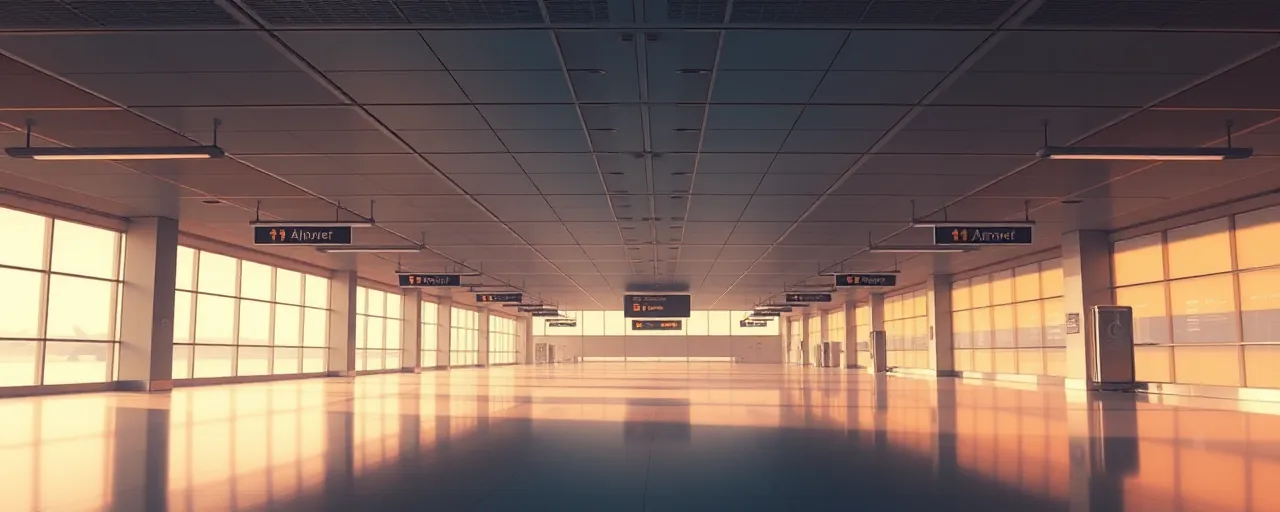A Turbulent Turn for U.S. Airlines
The U.S. airline industry, once soaring on post-pandemic travel enthusiasm, has hit unexpected headwinds in 2025. Major carriers like American, Southwest, and Delta are scaling back flight schedules and lowering profit expectations as bookings falter. The shift, stark after a robust late 2024, stems from a mix of economic jitters and global trade disruptions rattling consumers and businesses alike.
At the heart of the downturn lies a sharp drop in domestic leisure travel, with economy-class passengers pulling back amid fears of a looming recession. The broader economic landscape, marked by inconsistent tariff policies and volatile markets, has left travelers hesitant to book. Meanwhile, airlines are grappling with rising operational costs, forcing tough choices to stay afloat.
Trade Disputes Fuel Costly Disruptions
Global trade tensions, particularly between the U.S. and China, have sent ripples through the airline sector. Tariffs on aircraft parts, aluminum, and steel have driven up production and maintenance costs, squeezing airline margins. Supply chain snags, including delays in aircraft deliveries, have compounded the problem, with some projects stalled by up to six months.
The International Air Transport Association has warned that such trade barriers inflate travel costs and erode profitability, especially for airlines in emerging markets. Retaliatory tariffs from trading partners have further complicated matters, raising the price of U.S.-made aircraft and parts. For passengers, this often translates to higher fares, dampening demand at a time when affordability is a priority.
Consumers Tighten Belts, Shift Priorities
Economic uncertainty has reshaped how Americans approach travel. With inflation and consumer debt pinching budgets, many are opting for shorter trips or delaying plans altogether. Data shows a 5% projected decline in U.S. tourism for 2025, potentially costing the broader industry $64 billion across hospitality, retail, and dining.
Yet, travel remains a priority for some. Younger travelers, like Gen X and Gen Z, are boosting spending on cruises and international flights, while high-income millennials splurge on premium experiences. Still, a widespread shift toward value-driven choices is clear, with 75% of consumers seeking cheaper alternatives and leaning on loyalty points to stretch their dollars.
Airlines Pivot to Survive
In response, airlines are tightening operations and rethinking strategies. United has cut domestic flights by 4% starting in July, while Southwest has slashed 15% of its corporate workforce, aiming to save $210 million annually. Other carriers are retiring older planes, optimizing routes, and investing in digital tools to boost efficiency.
The focus is on protecting margins without alienating customers. Aggressive cost-cutting risks losing market share, so airlines are balancing reductions with efforts to maintain service quality. Some are diversifying revenue by emphasizing premium cabins, where demand from business and international travelers holds steady.
Debating Trade’s Role in the Crisis
The tariff-heavy trade approach championed by President Trump’s administration has sparked debate over its impact. Supporters argue that tariffs protect U.S. manufacturing and bolster companies like Boeing, potentially creating jobs. They see a business-friendly regulatory climate as a counterbalance to short-term disruptions.
Others, including some policymakers and industry leaders, contend that tariffs act as a hidden tax, raising costs for airlines and consumers. They point to retaliatory measures and supply chain chaos as evidence of unintended harm, urging a return to open trade to stabilize the sector. The divide underscores the complexity of balancing domestic priorities with global realities.
Looking Ahead With Cautious Hope
The airline industry faces a challenging road in 2025, with no quick fix for trade disputes or consumer caution. Carriers are bracing for volatility by building cash reserves and refining operations, lessons honed during the COVID-19 pandemic. While domestic travel lags, global tourism remains a bright spot, projected to contribute $11.7 trillion to the world economy.
For now, airlines and travelers alike are navigating uncharted skies. The path forward hinges on economic clarity and policy decisions that could either ease pressures or deepen the turbulence. As the industry adapts, its resilience will be tested, but so too will its ability to keep people connected in an uncertain world.
